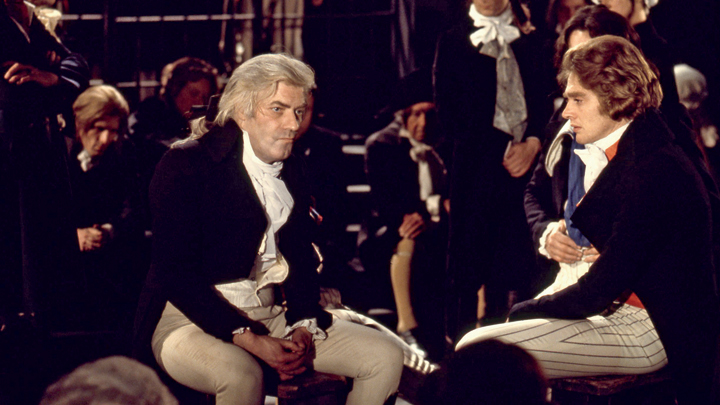This presentation will feature a Q&A with star Gillian Hills after the screening, in conversation with BFI curator of fiction cinema, Vic Pratt.
Here is the background to the DVD release of the film in April:
BFI Flipside is back! Edmond T Gréville’s legendary British 1950s juvenile delinquency flick Beat Girl is one of three British cult classics that will be released on the BFI’s Flipside label on 25 April 2016.
Remastered from original negatives, Beat Girl is presented in Dual Format Edition (DVD and Blu-ray discs) and packed with extras including three versions of the film, a new interview with the film’s star, Gillian Hills, three short films and an illustrated booklet.
Restless teen Jennifer (Gillian Hills, Blow-up, A Clockwork Orange) escapes her square papa (David Farrar, Black Narcissus) at Soho’s Off Beat coffee bar, rocking it with beatnik Dave (a super-cool Adam Faith), sensual singer Dodo (Shirley Anne Field) and icy-eyed Plaid Shirt (Oliver Reed). But a secret from Jennifer’s French stepmother’s past leads to the Les Girls strip joint, run by the sleazy Kenny King (Christopher Lee).
Beat Girl, which features John Barry’s fantastic first soundtrack, is released alongside two more new Flipside titles – Expresso Bongo (Val Guest, 1959) and Symptoms (José Ramón Larraz, 1974).
Here (and above) are the opening credits.
